Although society has changed, dedication, love for the profession and love for students are still the core qualities of a teacher, helping to create a positive learning environment.
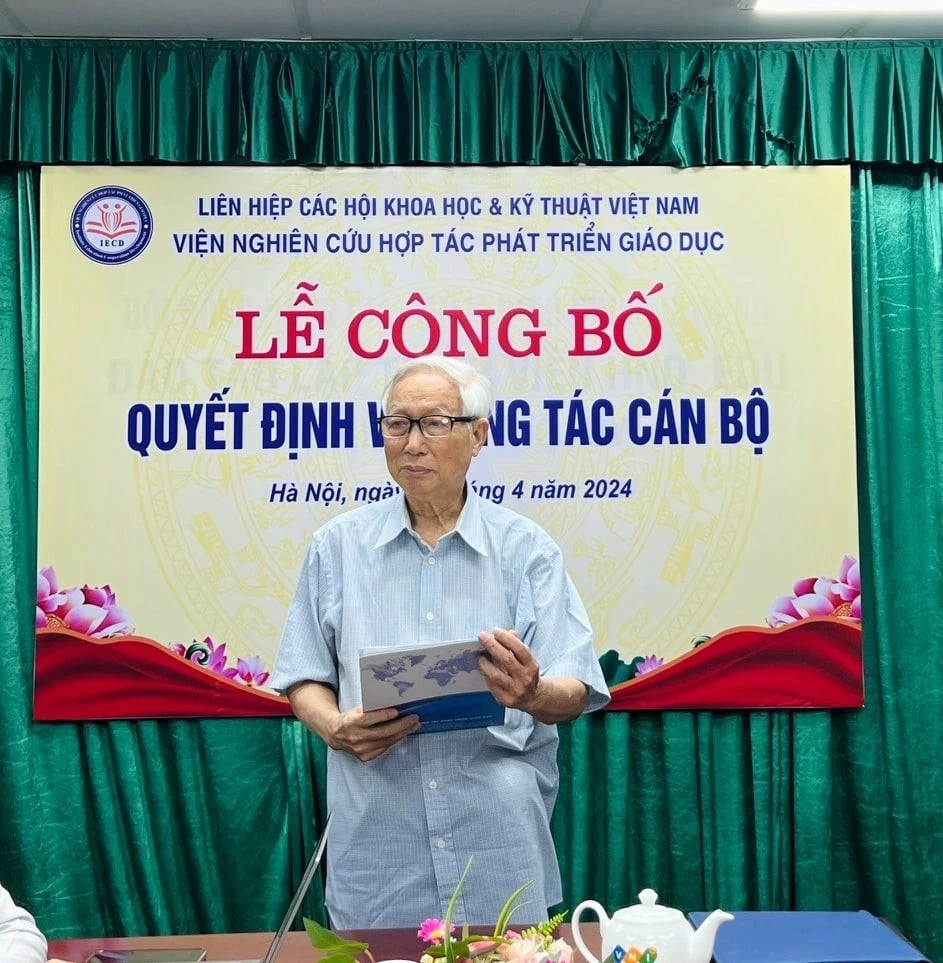 |
| Associate Professor, Dr. To Ba Truong believes that, in addition to expertise, teachers must focus on building and developing students' personalities. (Photo: NVCC) |
That is the sharing of Associate Professor, Dr. To Ba Truong, Chairman of the Council of the Institute forEducational Development Cooperation Research withThe World and Vietnam Newspaper on the occasion of Vietnamese Teachers' Day (November 20).
How do you evaluate the role of teachers in today's social context, when information technology is developing strongly and there are many online learning resources?
I think in any era, from ancient times to the present, the role and position of teachers are always important. In modern society, with the development of information technology and online learning materials, the role of teachers has changed profoundly.
However, their role has not diminished but has become more important, with new responsibilities and abilities to adapt and lead students in the learning process.
First of all , teachers are the ones who develop lifelong learning skills and thinking. In an era where knowledge is constantly updated, teachers must help students develop lifelong learning skills, self-learning ability, and creative thinking.
Second, teachers are the ones who build and develop the personality of students. Teachers not only impart knowledge but also help students develop moral values, responsibility and social skills. These factors are difficult to replace or learn via the Internet, where real-life interaction is often lacking.
Third , teachers are the ones who guide and orient the learning process of students. With the vast amount of knowledge available online, students can easily get lost or access inappropriate information. Teachers must focus on guiding, helping students develop the ability to select and analyze information, as well as critical thinking.
Fourth , the role of the teacher is also a living model for students to follow, not only through knowledge but also through behavior, problem solving and thinking. This relationship is still an irreplaceable factor and helps strengthen students' confidence and motivation to learn. Therefore, no matter how technology develops, the role of the teacher is still indispensable and even more important.
In your opinion, what are the most important qualities a teacher needs to have to adapt to the rapid changes in society and meet the diverse learning needs of students?
In today's era, the most important qualities a teacher needs to have to adapt to the rapid changes in society and meet the diverse learning needs of students.
First is professional ethics and love for students. No matter how society changes, dedication, love for the profession and love for students are the core qualities of a teacher. These qualities help create a positive learning environment, nurture students' learning spirit and build confidence in the learning process.
At the same time, teachers must be able to adapt flexibly to the changes of the times. Faced with the constant changes in technology and educational methods, every teacher must be able to adapt flexibly, be ready to learn, update new knowledge and skills, adjust teaching methods to suit the circumstances and needs of students; must have a spirit of lifelong learning. Teachers must be models of lifelong learning, this spirit not only helps them maintain the freshness of teaching but also inspires students about the importance of continuous learning.
In addition, every teacher must know how to think critically and be able to guide students to learn on their own. Critical thinking is an important quality so that teachers can not only convey information but also encourage students to think independently and develop their own learning skills. This is especially important when the source of materials is increasingly abundant and students need to be able to evaluate and analyze information.
Teachers need to develop creative thinking to come up with new teaching methods and materials that arouse students’ interest. Creative thinking also helps teachers handle new situations effectively, especially when using technology in teaching.
Teachers must have good communication and interaction skills. A good teacher needs to have good communication skills to connect with students, make them feel comfortable, encourage them, and motivate them to learn. Flexible interaction skills help teachers understand the diverse needs, interests, and learning styles of students.
In particular, teachers must be able to use technology. In the digital age, being proficient in technology is not only an advantage but a necessary requirement. Teachers need to know how to use online learning tools and platforms to enhance the learning experience for students and help them access knowledge more effectively.
With these qualities, teachers not only adapt but also develop and become a great source of inspiration for students in the modern educational environment.
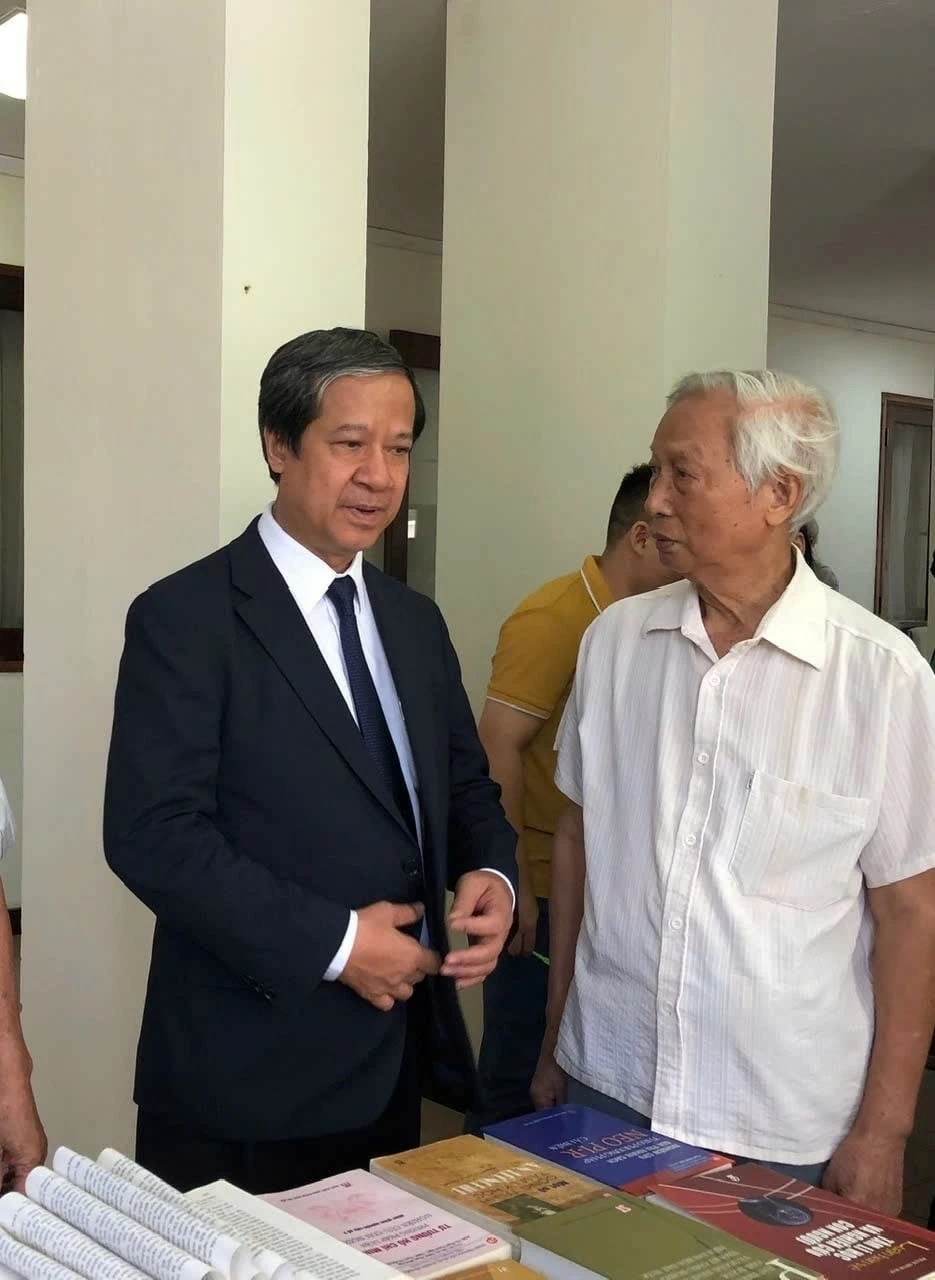 |
| Associate Professor, Dr. To Ba Truong talks with Minister of Education and Training Nguyen Kim Son. (Photo: NVCC) |
Can you share about the challenges that the Vietnamese education sector is facing and solutions to improve the quality of education in the coming time?
Vietnam’s education sector is facing many major challenges in the context of economic , social and technological development. These challenges include the huge gap in education quality between regions. The differentiation in infrastructure investment and teacher quality between big cities and rural and mountainous areas creates a large gap in access and quality of education for students in very different regions.
Lack of high-quality human resources in the education sector, that is, a team of good teachers. Lack of high-quality teachers, especially in remote areas, border areas, and islands. This partly reduces the effectiveness and quality of teaching, and at the same time causes a situation where students lack equal learning opportunities.
Moral and personality education still has many shortcomings, the risk of moral degradation of high school students is increasing. Along with the development of society, traditional moral values are gradually deteriorating. Today's students are strongly influenced by social networks and diverse cultural factors, and are easily negatively affected if not properly oriented.
The ability to adapt to new technology and educational methods is still very limited, especially in economically disadvantaged areas. The application of technology in education is still uneven. Many teachers and students in remote areas do not have access to modern educational equipment and platforms.
From the above challenges, I think it is necessary to innovate the curriculum in the direction of reducing workload and developing skills. Specifically, the curriculum must be shortened, reducing academic content so that students have time to focus on life skills, teamwork skills, critical thinking, and creativity. Include subjects and activities related to moral and personality education in the main curriculum, encourage experiential activities so that students understand and practice humanistic values in real life.
To improve the quality of the teaching staff, it is necessary to have policies to attract good teachers for education. Promote training programs, professional development and pedagogical skills for teachers, improve remuneration to attract good people and retain competent teachers who are dedicated to their profession.
Enhance technology and synchronize infrastructure in teaching. Technology needs to be popularized in all schools, even in disadvantaged areas. The government can support projects to provide learning equipment and build digital learning platforms so that students can study remotely or self-study more effectively.
Investment policies are needed to improve facilities, equipment and high-quality teaching staff for these areas. Financial support and teacher training policies should be encouraged to reduce educational disparities.
Promote international cooperation and learn from experience, actively participate in international cooperation programs on education, and exchange expertise with countries with developed education. This helps the Vietnamese education sector access advanced methods and gain more experience in educational reform.
Encourage community and business participation in education, build relationships between schools, families and society; encourage businesses to invest in education and organize career guidance activities so that students can better understand occupations and increase their ability to meet actual labor needs.
By implementing these solutions, the Vietnamese education sector can gradually overcome current challenges, improve the quality of education and train generations of students with sufficient capacity and ethics to meet the requirements of the times.
Thank you, Associate Professor, Dr.
Source




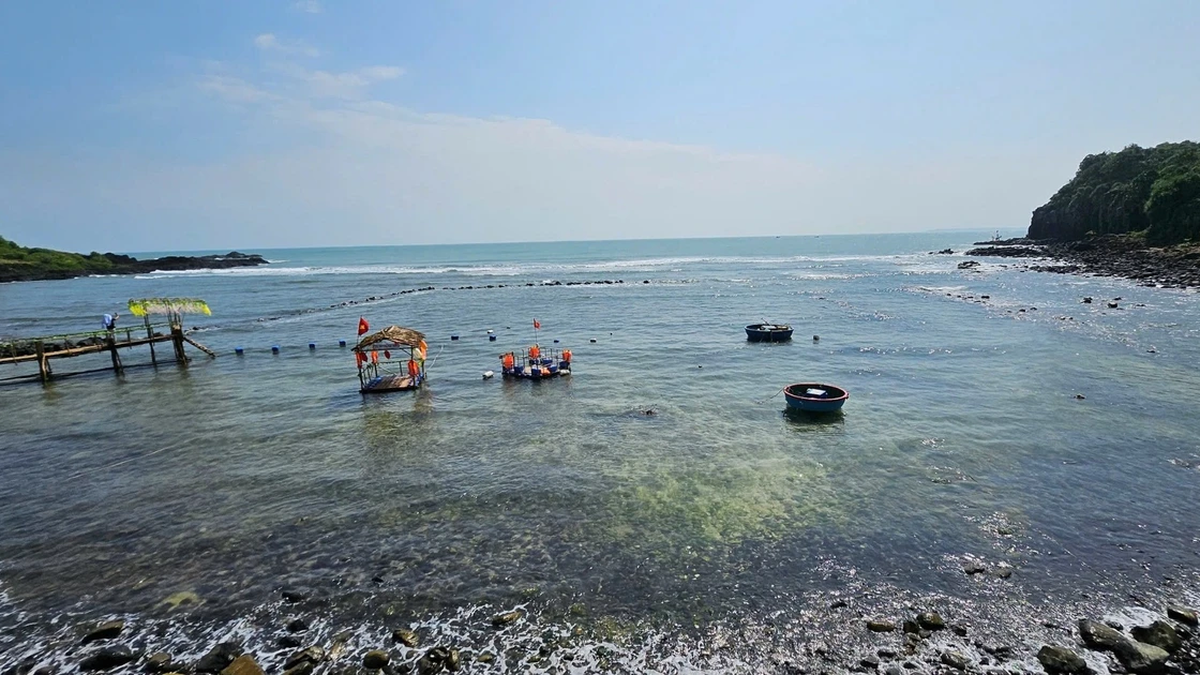



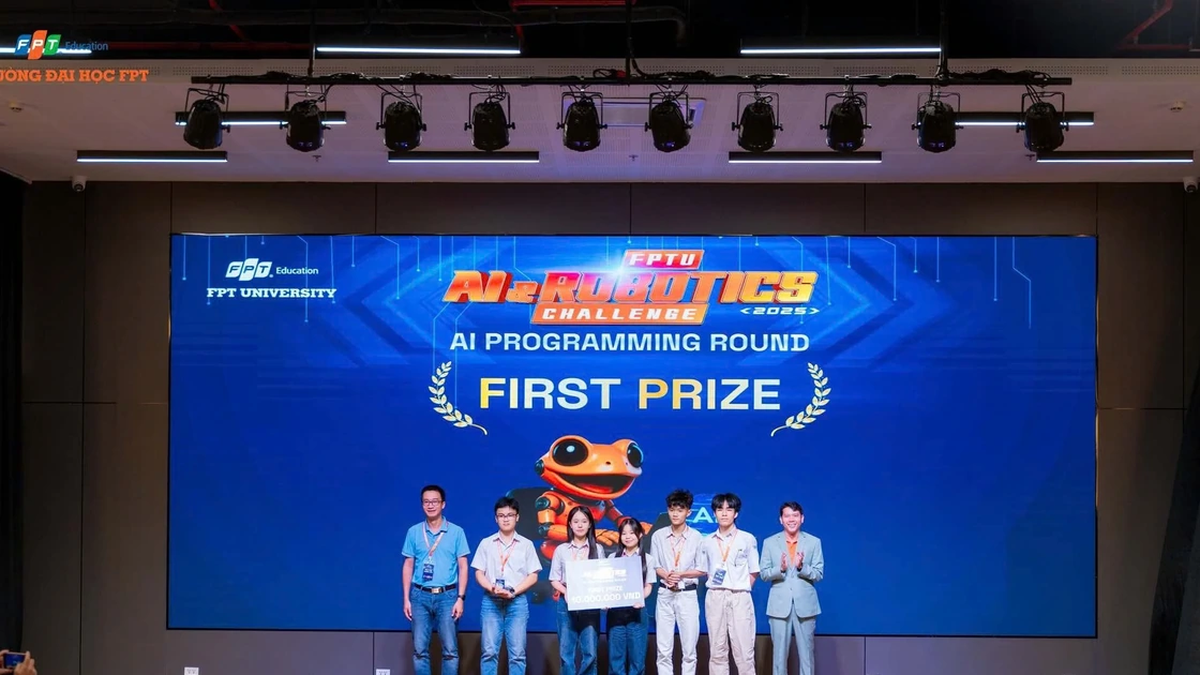

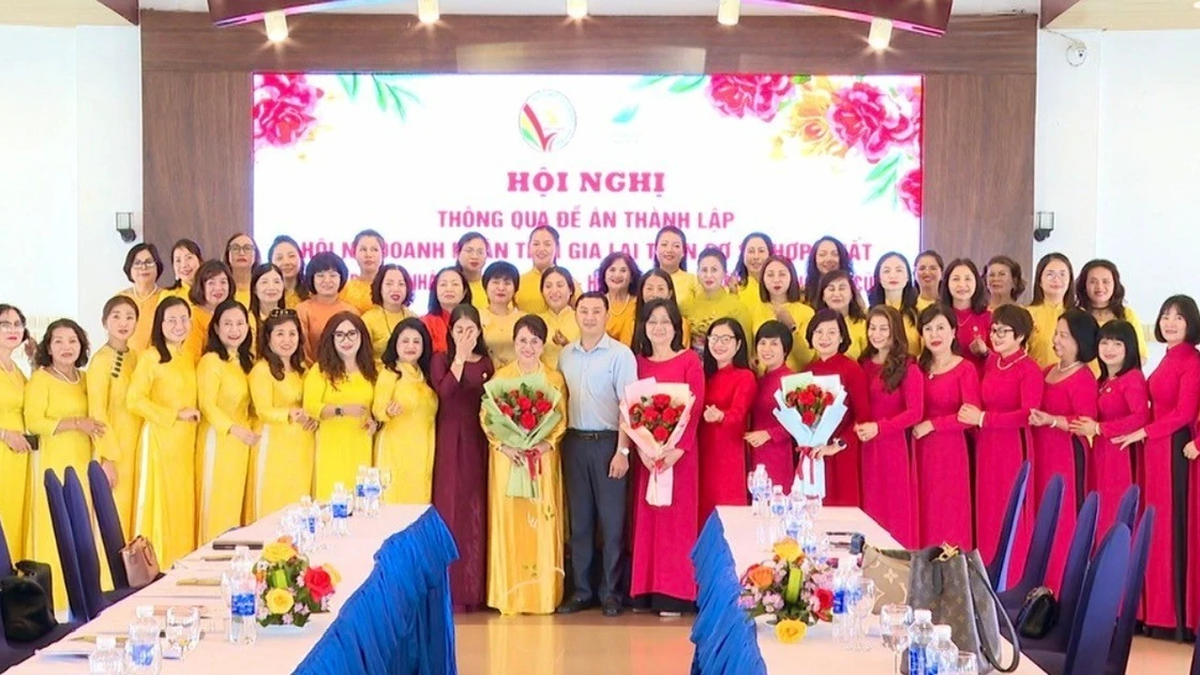
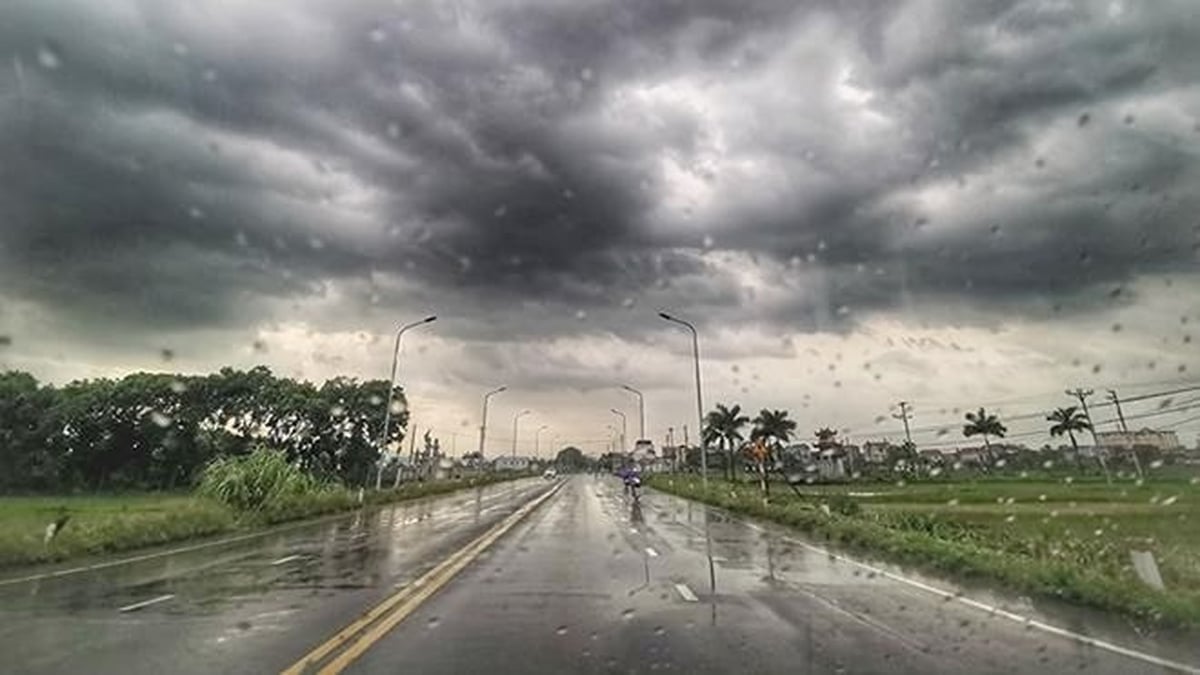






















































































Comment (0)